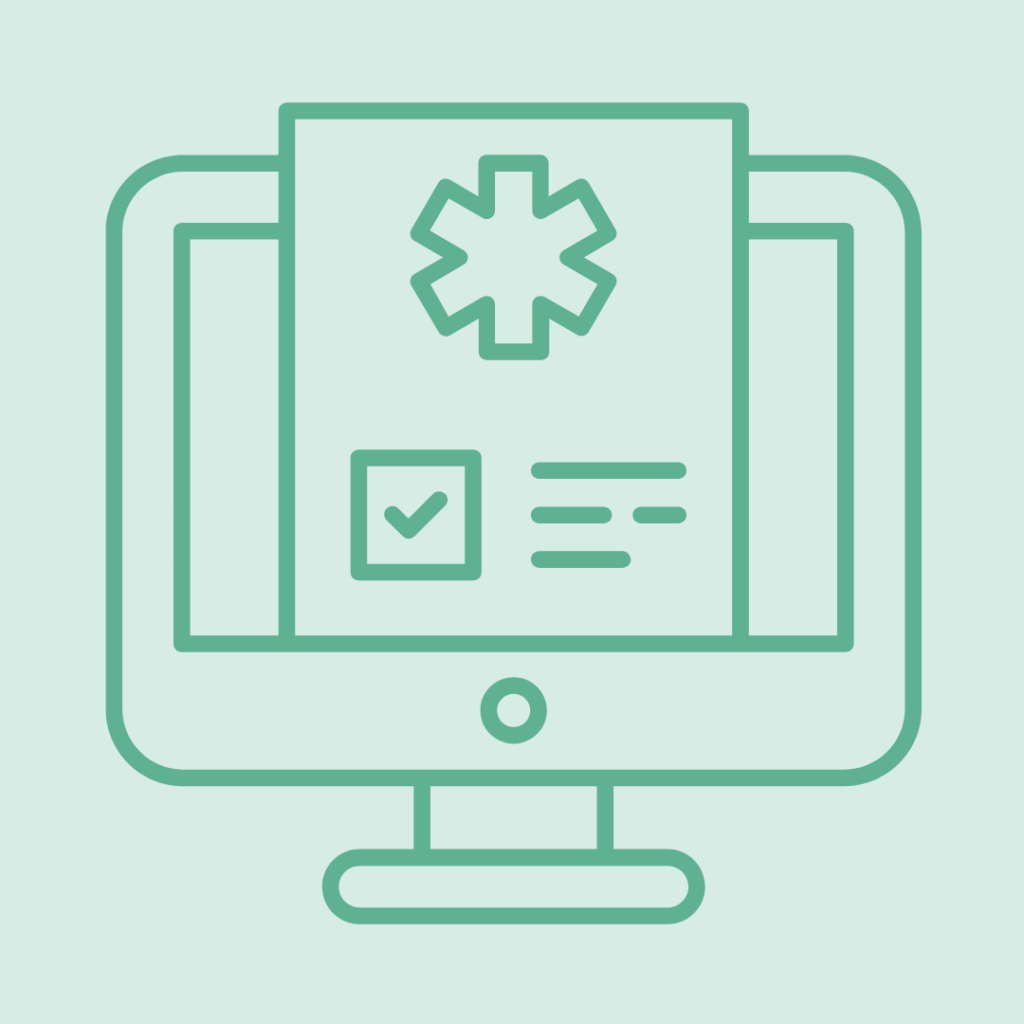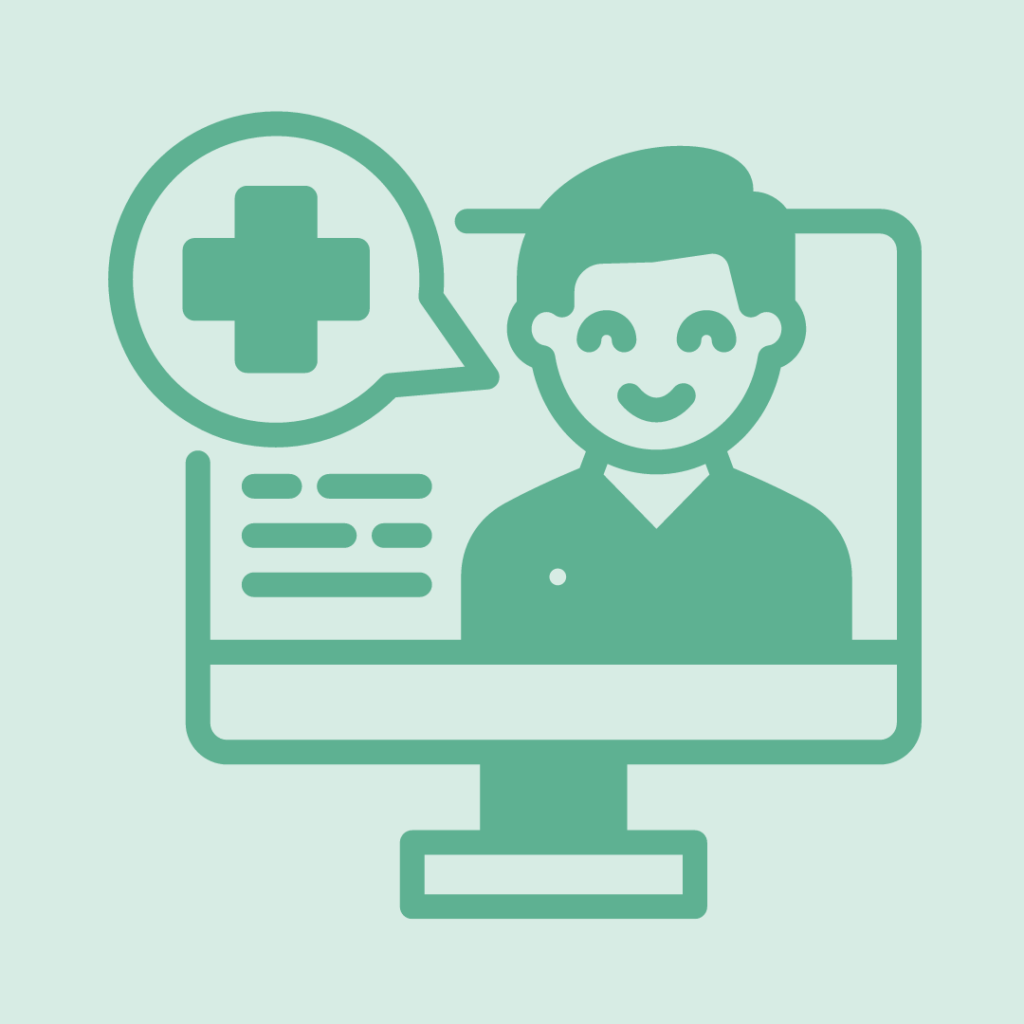Urinary Tract Infection (UTI)
6am - midnight, 7 days a week
Accessible from anywhere in Australia.
eScript in minutes
Medication delivery

What is a Urinary Tract Infection (UTI)?
A urinary tract infection (UTI) is an infection that occurs in any part of the urinary system, including the kidneys, bladder, ureters, and urethra. Most UTIs affect the lower urinary tract — the bladder and urethra.
UTIs are more common in women due to their shorter urethra, which allows bacteria easier access to the bladder. The infection is usually caused by bacteria, most commonly Escherichia coli (E. coli), which naturally lives in the digestive tract but can enter the urinary tract.
While UTIs are usually not serious when treated promptly, they can lead to complications if left untreated, such as kidney infections or recurrent infections.
UrinaryTract Infection Treatment Options

Online Prescriptions
- For when your script has run out
- Script sent to your phone
- Doctor approved

Telehealth Consultations
- When you need to speak to a doctor
- Online, Video & Phone Call or Message
- Fast access to medical advice
Medical Certificates
- For when your script has run out
- Script sent to your phone
- Doctor approved

Urinary Tract Infection Symptoms
UTI symptoms can vary based on the part of the urinary tract affected. Common signs include:
- A burning sensation when urinating
- Frequent or intense urge to urinate, even when little comes out
- Cloudy, dark, bloody, or foul-smelling urine
- Pain or pressure in the lower abdomen or pelvis
- In cases of kidney infection: fever, chills, nausea, and back pain
In older adults, UTIs may cause confusion or changes in behavior, even without typical urinary symptoms.
Understanding Urinary Tract Infection (UTI)
Explore the causes, symptoms, and complications of urinary tract infections.
UTIs are typically caused by bacteria entering the urinary tract through the urethra. Risk factors include poor hygiene, sexual activity, urinary retention, dehydration, and certain health conditions like diabetes or kidney stones.
Common symptoms include a strong urge to urinate, burning during urination, cloudy or strong-smelling urine, lower abdominal pain, and frequent urination in small amounts. Fever or back pain may indicate a more serious infection.
If left untreated, a UTI can spread to the kidneys and cause more serious infections. Recurrent UTIs may lead to chronic bladder discomfort and, in severe cases, permanent kidney damage or sepsis.

Need a Specialist Referral?Get Yours in a Few Simple Steps!
Skip the long clinic waits and get referred to a specialist in minutes. The process is fast, secure, and simple.
- Quick access to specialist referrals – no in-person appointments needed
- Telehealth consultations with trusted, licensed doctors
- Fast, reliable service – referrals sent directly to your chosen specialist
- Convenient and affordable healthcare from your home
- No hidden costs – just simple, upfront pricing
Frequently
Asked Questions
Urinary incontinence can be caused by a variety of factors, including weak bladder muscles, nerve damage, urinary tract infections, prostate problems in men, pregnancy, childbirth, obesity, or certain medications. It can also be linked to conditions like diabetes, neurological disorders, or pelvic floor disorders.
The main types of urinary incontinence include stress incontinence (leakage during physical activities like coughing, laughing, or sneezing), urge incontinence (sudden, intense urges to urinate), overflow incontinence (incomplete bladder emptying leading to dribbling), and functional incontinence (physical or mental impairments that prevent timely access to a bathroom).
A healthcare provider will typically conduct a medical history review, physical examination, and may perform tests such as urinalysis, bladder diaries, urodynamic testing, or ultrasound to determine the underlying cause of incontinence.
Yes, urinary incontinence can often be treated or managed effectively. Treatment options depend on the type and severity of the condition and may include lifestyle changes, pelvic floor exercises (Kegels), medications, bladder training, physical therapy, or surgical interventions in more severe cases.
Yes, certain lifestyle changes can improve urinary incontinence. These include maintaining a healthy weight, avoiding bladder irritants like caffeine and alcohol, performing pelvic floor exercises, staying hydrated, and scheduling regular bathroom breaks to prevent urgency.
There are several medications that can help manage urinary incontinence, especially urge incontinence. These include anticholinergics, beta-3 agonists, or hormone therapy. Medications can help reduce bladder spasms or increase bladder capacity, but they may have side effects, so they should be discussed with a doctor.
